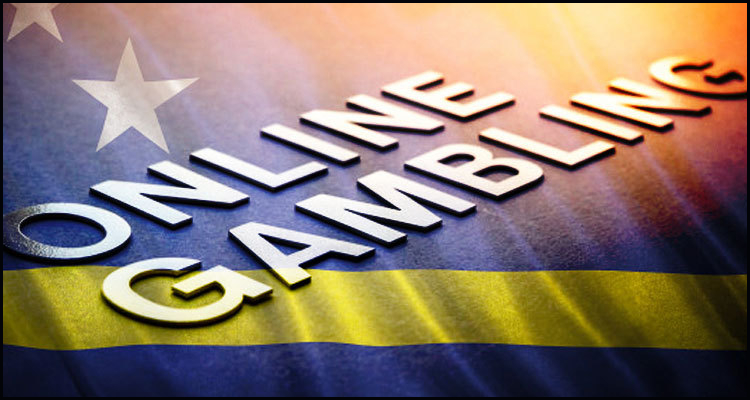In the Caribbean and the government for the small Dutch island of Curacao has reportedly announced that it intends to completely overhaul its iGaming licensing system as part of a broader federal financial rescue package.
According to a Thursday report from the online news domain at NewsOpener.com, the jurisdiction of some 159,000 people has recently been suffering from an economic downturn caused by a coronavirus-induced dearth in tourists, which had served as its principal financial driver. The source detailed that the island consequently asked Amsterdam for a bailout but is being obliged to revamp its iGaming licensing regime as a condition of receiving any funds.
Spring start:
Curacao is reportedly considered to be one of the last remaining territories where iGaming licensing conditions are quite undemanding although the coming restructure will involve the Curacao Gaming Control Board establishing a bespoke arm for the regulation of online casino and sportsbetting sites. This new body is purportedly expected to go live by as soon as March before being given another six months to completely bring every one of the domains wishing to hold a local license to heel.
Complex controls:
The news domain reported that the financial rescue package  from the Netherlands is to moreover compel the new-look Curacao Gaming Control Board to create a stricter set of anti-money laundering rules and begin diligently collecting iGaming license fees and taxes. The regulator is to furthermore purportedly be required to institute revised protocols against the funding of terrorist organizations alongside more comprehensive rules governing the island’s rather small bricks-and-mortar casino industry.
from the Netherlands is to moreover compel the new-look Curacao Gaming Control Board to create a stricter set of anti-money laundering rules and begin diligently collecting iGaming license fees and taxes. The regulator is to furthermore purportedly be required to institute revised protocols against the funding of terrorist organizations alongside more comprehensive rules governing the island’s rather small bricks-and-mortar casino industry.
Relocation apprehensions:
However, the prospect that Curacao may soon have a more attentive iGaming regulator has reportedly raised concerns as to whether the island will remain home to its current plethora of online casino and sportsbetting domains. The jurisdiction has for a long time been purportedly seen as simply a convenient place to for such operations to register due to its perceived lax approach to issuing licenses and its possibly underserved reputation for not having a serious approach to consumer protection standards.



